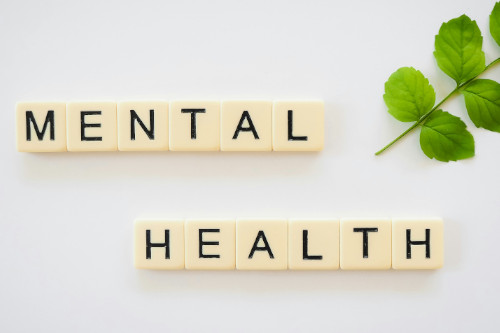In an increasingly fast-paced and isolating world, the profound impact of animals on human mental health is becoming ever more apparent. Beyond simple companionship, pets offer a unique and powerful form of support, influencing our emotional landscapes and even playing a crucial role in therapeutic interventions.
The science behind this connection is compelling. Studies consistently demonstrate that interacting with animals triggers a cascade of physiological changes that promote wellbeing. The mere act of petting a dog or cat can lower cortisol levels, the hormone associated with stress, while simultaneously boosting oxytocin, the 'love hormone' fostering feelings of calm and connection. This neurochemical shift has a tangible impact on our mental state, reducing anxiety, mitigating depression, and promoting a sense of overall emotional stability.
One of the most significant contributions of pets to mental health is their ability to combat loneliness. In an age where social isolation is a growing concern, pets provide unwavering companionship and unconditional affection. For individuals living alone, or those struggling with social anxiety, the presence of a furry friend can be a lifeline, offering a sense of purpose and belonging. The simple act of caring for another living being can instil a sense of responsibility and structure, providing a much-needed routine and grounding force.
For the last three years in my therapy room, I have had a unique co-therapist: Fonsie, a charming sausage dog with an uncanny ability to soothe, connect, and inspire. Introducing him into my sessions wasn't a calculated experiment, but rather a natural extension of the profound bond I witnessed between humans and animals.
What began as an intuitive decision has blossomed into a testament to the remarkable impact of animal-assisted therapy, particularly the subtle yet powerful influence of a dachshund's comforting presence.
His playful antics and unwavering devotion have brought joy and laughter to clients providing a welcome distraction from negative thoughts and emotions. The bond between humans and animals is often described as a source of unconditional love, a sentiment that can be particularly therapeutic for clients struggling with self-esteem or feelings of inadequacy. His non-judgmental acceptance creates a safe space for emotional vulnerability, allowing clients to express themselves without fear of criticism or rejection.
The integration of Fonsie into my practice has been a deeply enriching experience. It has reinforced the profound connection between humans and animals, showcasing the transformative power of canine comfort. It has taught me the importance of intuition, the value of non-verbal communication, and the undeniable healing power of a warm, furry presence. Fonsie's paw prints are not just on the floor of my therapy room; they are etched into the hearts of the clients he has helped, a testament to the extraordinary impact of a sausage dog with a heart of gold.
















